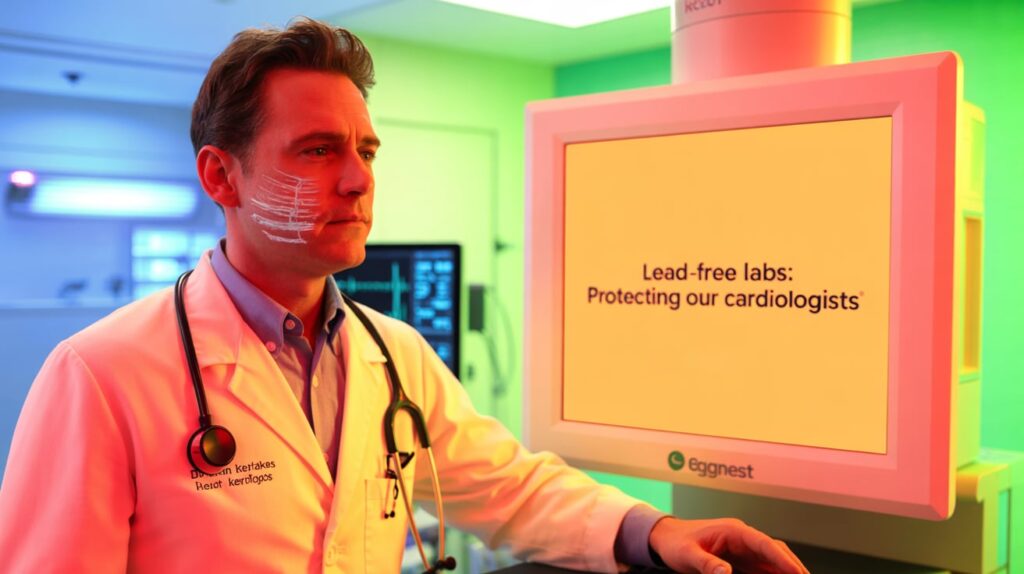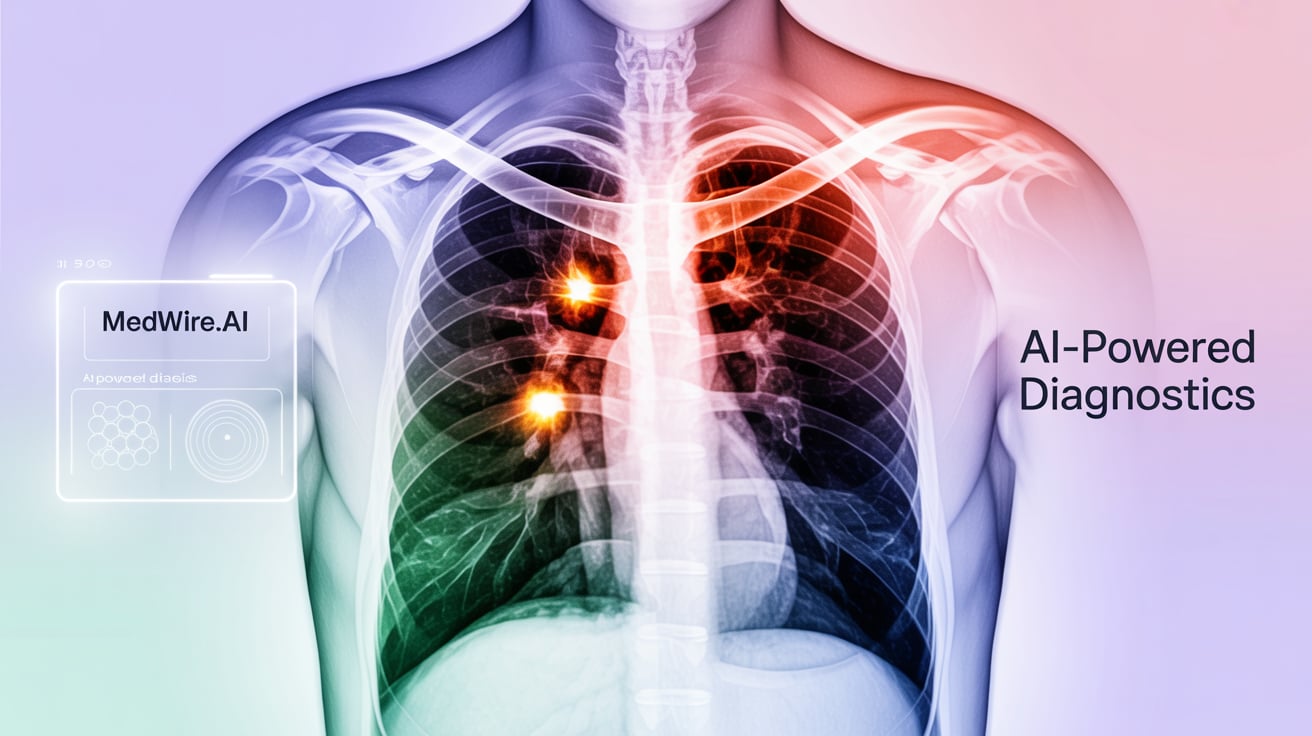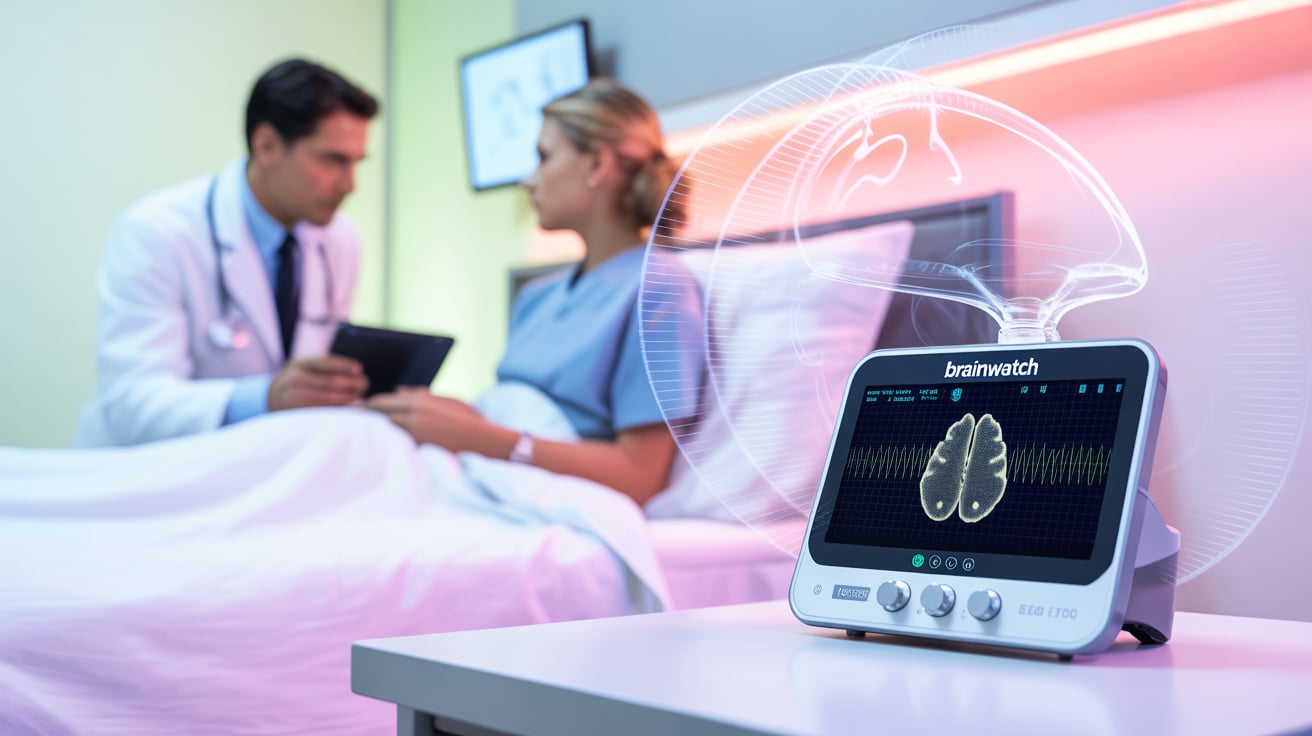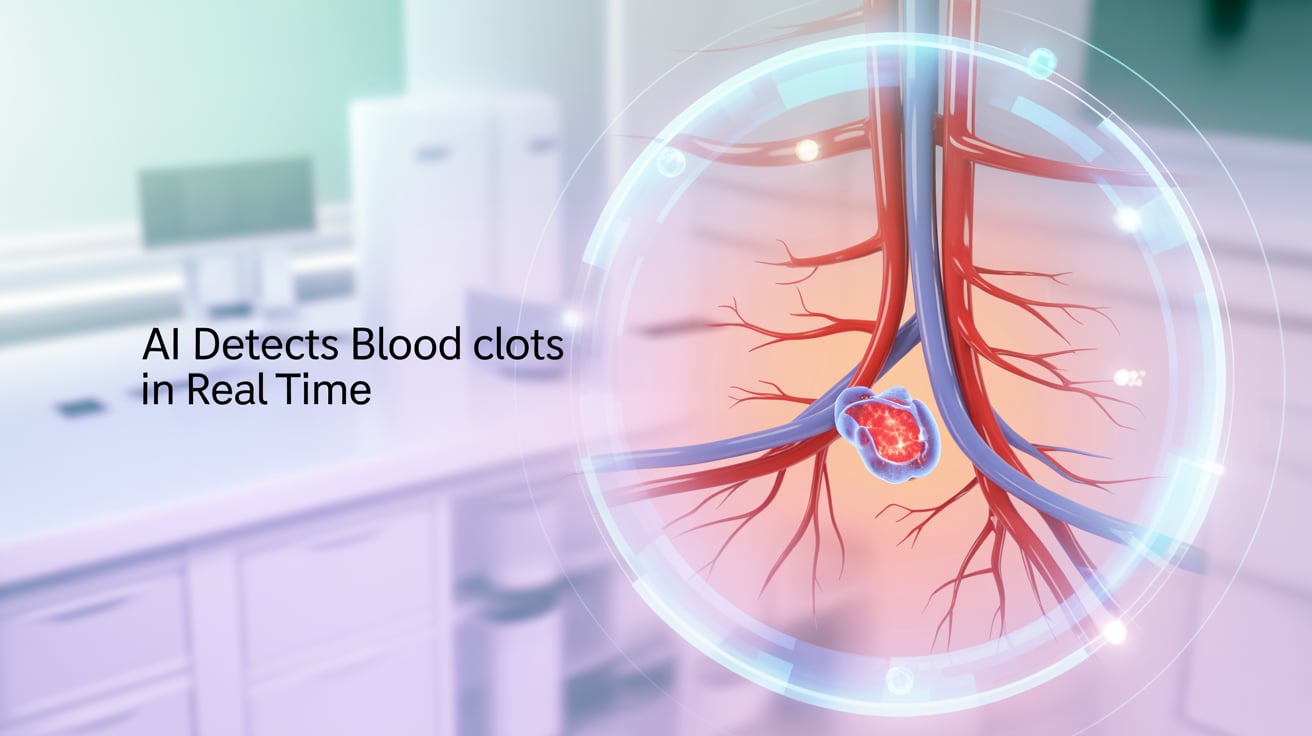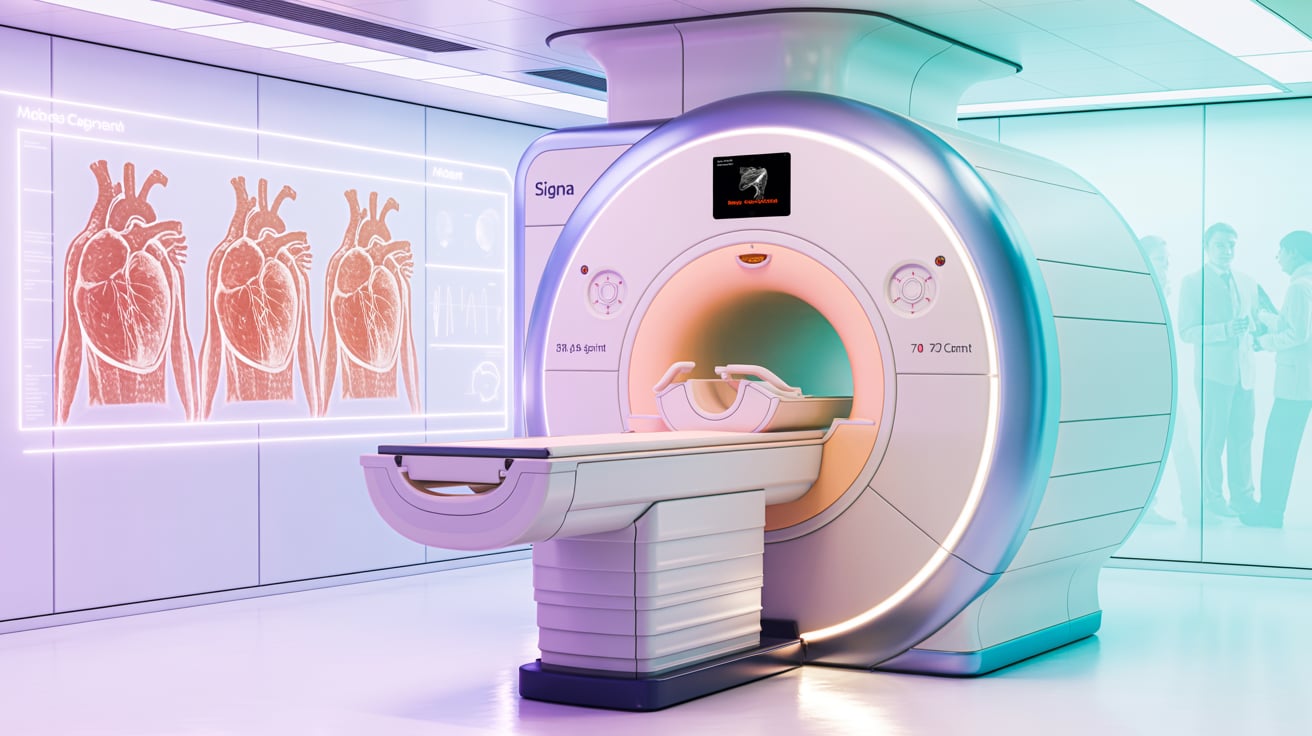Interventional cardiologist Dean Kereiakes, MD, endured decades of orthopedic damage from wearing heavy lead aprons during cath lab procedures, culminating in paralysis in 2024. Despite emergency spinal surgery and severe disability, Kereiakes’s passion for cardiology drove him to continue practicing.
Key points:
- Long-term apron use caused spinal injuries, nerve pain, and muscle wasting.
- Onset of paralysis followed a day of multiple procedures; emergency cervical spine decompression and fusion saved his life.
- Recovery included partial loss of limb function and bladder control; hospital stay lasted a month.
- The Christ Hospital created six lead-free cath labs with EggNest radiation protection systems, cutting operator radiation exposure by up to 90%.
- The Society for Cardiovascular Angiography and Interventions (SCAI) is now pushing hospitals to adopt newer radiation shielding technologies and holds institutions liable for orthopedic injuries related to apron use.
- SCAI advocates shifting protection focus from heavy aprons to shielding machinery to improve staff safety and prevent career-ending injuries.
Kereiakes called the issue a workplace safety crisis, noting that no other profession tolerates such high rates of spinal illness.
Follow MEDWIRE.AI for insights on interventional cardiology and cath lab innovations.

